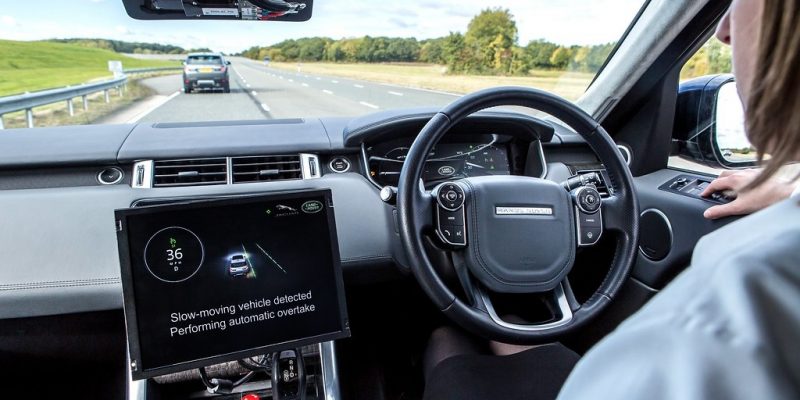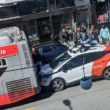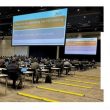Automakers fooling themselves and us over driverless tech, expert says
With electric vehicles approaching a tipping point and monopolizing the news, self-driving cars have been forced into the backseat of public awareness, except when there is bad news.
There has been a lot of bad news recently, much of it involving Tesla and its controversial boss, Elon Musk. Disruptive technology needs to fulfil two essential prerequisites to be widely accepted: have a strong selling point and build consumer trust. Regarding the first point, consumers immediately bought into the raison d’etre of BEVs, that of zero tailpipe emissions, albeit not currently free from fossil fuel pollution. Autonomy’s selling point, eliminating traffic fatalities, while desirable, is considered less urgent.
EVs didn’t require much effort to gain consumer trust, except regarding performance and the charging infrastructure. However, it takes an enormous leap of faith to take your hands off the steering wheel while doing 60mph on a busy four-lane highway. And the trials and actual driving results have been disastrous PR for the technology. Between July 2021 and May 2022, carmakers reported nearly 400 crashes of vehicles with partially automated driver-assist systems.
That’s not all. Tesla has been forced to amend its language around its Full Self-Driving Beta program following the recall of hundreds of thousands of its vehicles after discussions between the NHTSA and Tesla about its FSD Beta features, leaving owners believing the program will never be fully self-driving, as promised. Even more damaging, the company and Musk are now the objects of a class action suit by shareholders who accuse Tesla of defrauding them with false statements about the technology’s safety. If anything, consumers may now be even more wary of the technology than before it hit the road.
For Michael DeKort, founder of IT services and consulting company Dactle, the bad news is no surprise. He believes that the technology is being developed the wrong way and that those responsible for the technology are misleading the public.
Asked to provide a timeline for the launch of Level 4 and 5 autonomy, he replied: “Right now the answer for Level 4 and 5 is literally never, until certain issues are resolved. Level 2 and 3 are reckless and should not exist and Tesla is only the most egregious. The rest are putting people at risk and will either harm people for no reason or lie about their capabilities, especially crash scenarios.”
To read the complete article, visit TU-Automotive.

















